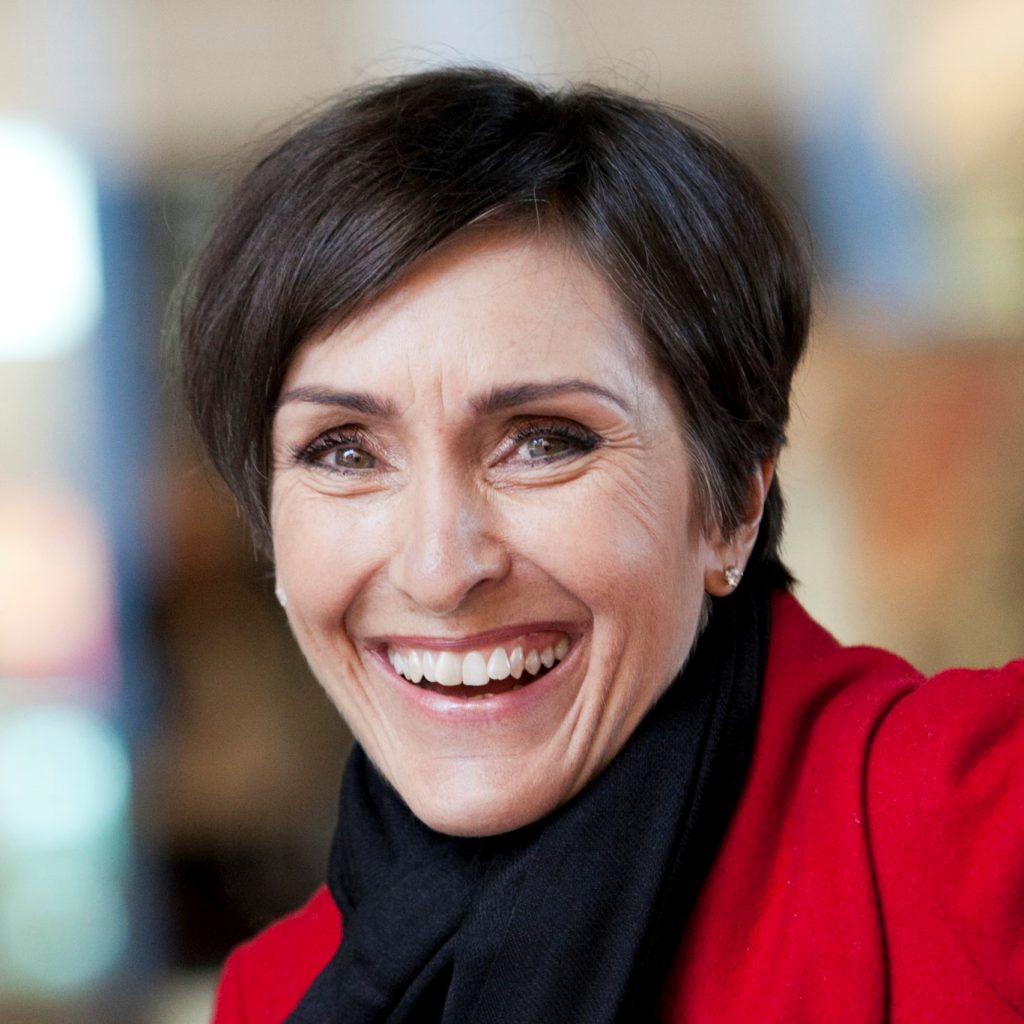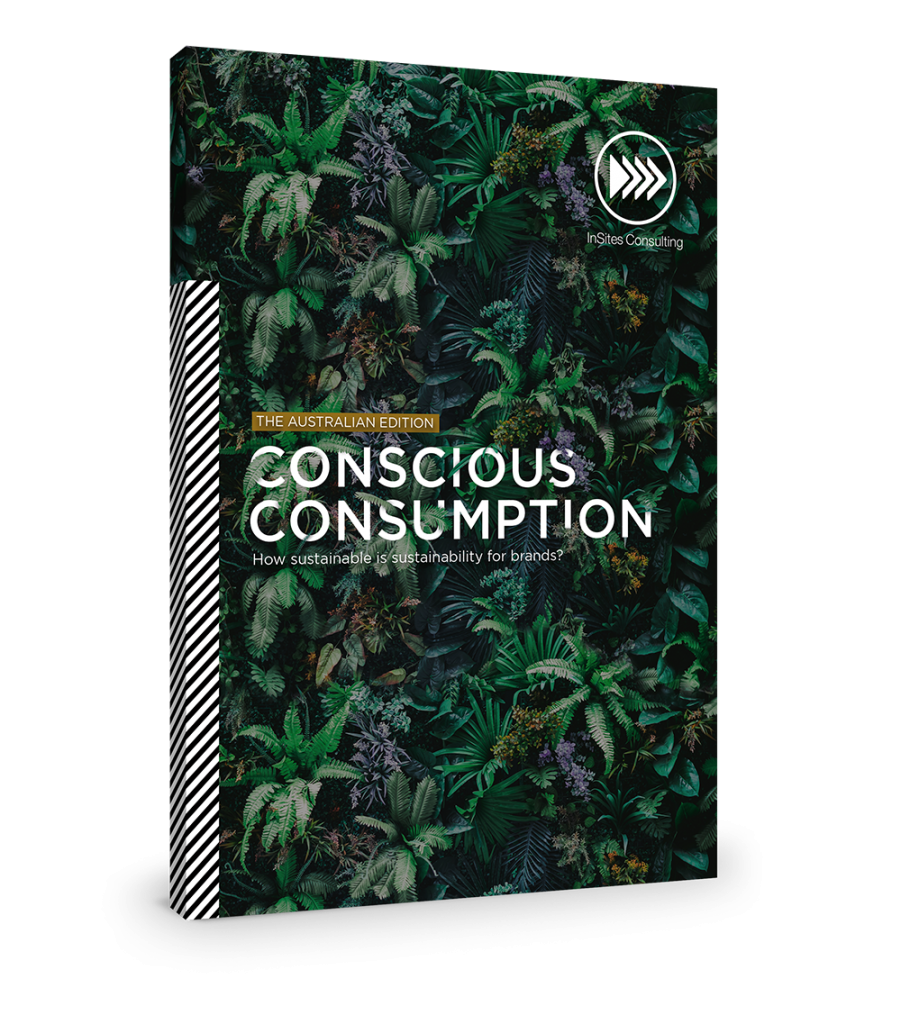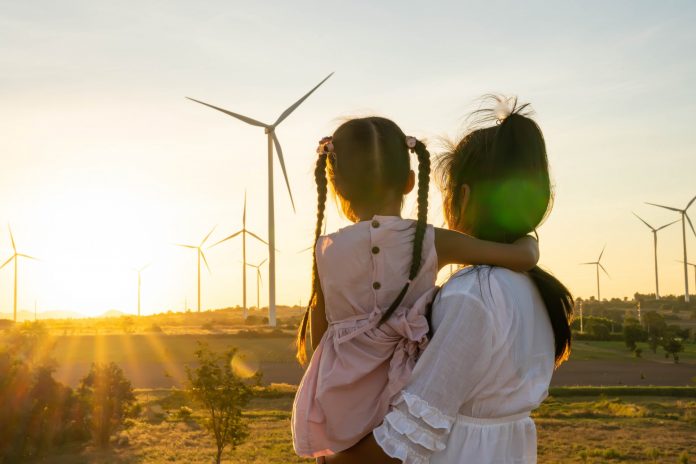As we begin another year amidst some ongoing uncertainty, one thing is beyond doubt – sustainability will become more prominent, and retail brands need a firm footing in how they address consumer expectations.
By InSites Consulting Australia Managing Partner Erica van Lieven.

While most Australians have had to put a lot of things on hold during the pandemic, from travel to weddings and major life plans, sustainability thankfully wasn’t one of them.
In our proprietary research of Australian consumers before and during Covid-19, we found that sustainability became more important, with 80% finding sustainability important pre-pandemic, rising to 82% in the midst of the pandemic.
With national leadership on sustainability lacking in Australia (63% of Australian consumers believe the government is not doing enough), 76% of Aussies feel brands have a responsibility to take care of the planet. However, while sustainability is a key concern among Aussies, many aren’t acting upon it.
Eco-confusion breeds distrust
A key barrier to achieving sustainability for consumers lies in its complexity. Sustainability is a holistic, all-embracing concept and coupled with the overload of claims and labels around sustainability, it is not surprising that eco-confusion is on the rise. According to the global Ecolabel Index, more than 455 eco-labels are used in 199 countries across 25 industries. This surplus in sustainability claims not only confuses consumers, it also makes them doubt how trustworthy they are.
In fact, 76% of Australian consumers believe there should be more reliable and accessible ways to evaluate whether a brand is sustainable or not. If organic products are packaged in plastic, for example, are they considered sustainable? Consumers’ eco-confusion is further fuelled by a lack of awareness of what brands are doing – 83% of Aussies could not name a single ‘sustainable brand’ when asked.
A second dimension driving the sustainability paradox is the so-called ‘say-do gap’, where intentions are high, but actual behaviour is low. In the recent Conscious Consumption report, we identified four key barriers that are holding consumers back: affordability (61% of Aussies would adopt a more sustainable lifestyle if products were cheaper), accessibility (38% feel environmentally friendly products are hard to find), performance (consumers implicitly think a ‘sustainable’ product will perform worth than its less sustainable counterpart (Usrey, 2020), and convenience (53% of Australian consumers would adopt a more sustainable lifestyle if it required less time or effort).
Our research has shown that more than 61% of Australian consumers wish to change their habits, in order to have a positive impact on the environment, and the number is even higher among women (64% vs 58%) and NextGen (ie, Gen Z and Millennials) (61% vs 55%). However, adopting new habits does not happen from one moment to the next. Many aspects of our lives run on autopilot, including most decisions we take daily.
Retail brands have an important role to play in both breaking down the barriers to sustainability and helping consumers form new habits. Here are some considerations for brands:
- Choose the right ESG mission – A brand’s ESG (environmental, social and governance) purpose can work either as a defensive shield, meaning it’s the new norm or best practice in your industry, or as a competitive advantage, a differentiator vis-à-vis the competition. A brand’s ESG mission should be aligned with the type of products or services, the brand DNA and it should resonate and engage with the brand’s audiences.
- Dare to talk about the long term – Many companies only communicate about what has been done, their past successes and milestones. Yet sustainability is never done, it’s a work in progress. Consumers want to be informed about the plans and ambitions that will shape brands and companies in the long term. What’s important here is that the plans are realistic and the communication engaging.
- Celebrate the achievements – It is important for brands to flag signposts and celebrate the achievements along the way. The actual journey takes years to realise and it’s important for consumers and other stakeholders to recognise the small wins and not lose steam.
- Be transparent – The path to an optimal sustainability strategy is often complex and challenging. Potential setbacks that slow down a company’s sustainable transformation can still be turned into something positive. Openly addressing these issues with consumers not only strengthens trust, but it also creates an opportunity to receive feedback and optimise the journey along the way.
The challenge for retailers moving forward will be to understand how consumers’ perceptions of sustainability are evolving their relationship with brands and ensuring they take action to meet consumer expectations. By adopting best practices in sustainability communications, brands can take the first step towards helping consumers overcome key barriers to becoming more sustainable, and in turn, inspire greater trust, engagement and growth.

About Erica van Lieven
Erica has been a leader and innovator in the market research industry for over 20 years. She founded the award-winning, Sydney-based agency Direction First in 1997. Her expertise, training and commercial acumen underpinned the agency’s agility, future-focus and collaborative approach. Previously Erica worked for 15 years client-side in FMCG, across executive roles in marketing, innovation and business.
About InSites Consulting
Founded in 1997, InSites Consulting Australia (formerly Direction First) is a next-generation insights agency and global market leader in online communities. The award-winning team in Sydney is supported by 600-plus people across 17 offices globally.



